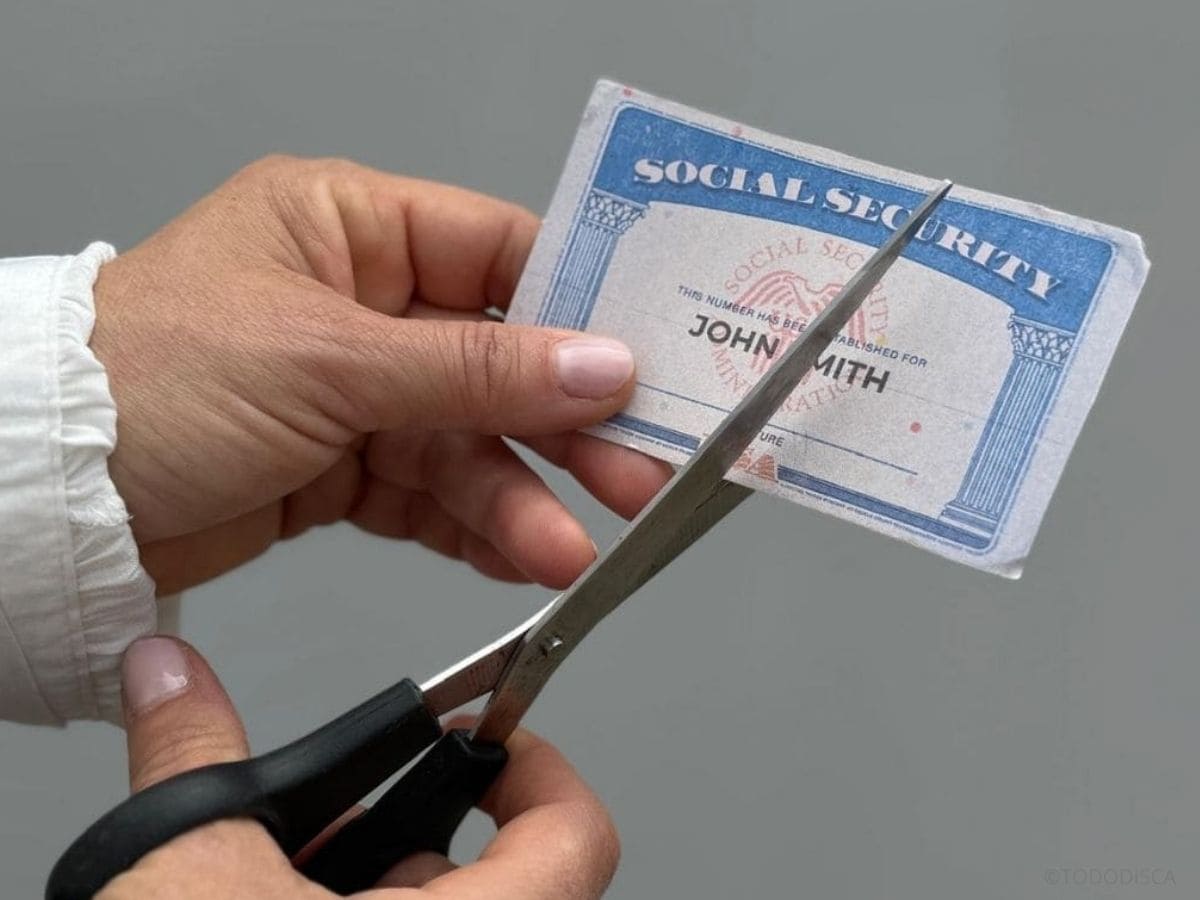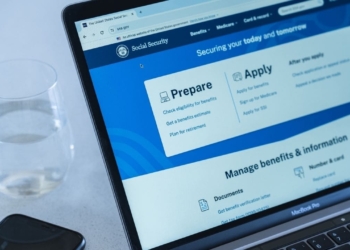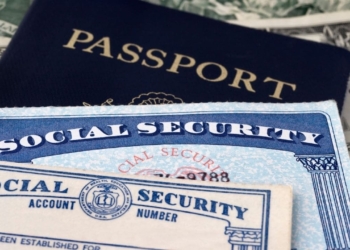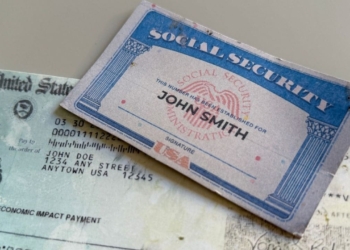In the United States, millions of people depend on Social Security payments to cover their basic needs. However, in some cases, certain beneficiaries may have their monthly payments interrupted if they do not meet the requirements established by the Social Security Administration (SSA). This possibility becomes relevant in May 2025, when some checks may not arrive.
Although the SSA usually maintains a consistent and predictable payment schedule, it is not impossible that there will be cuts or suspensions. In most cases, this occurs because there has been a change in the beneficiary’s situation that affects their eligibility to continue receiving the money.
Therefore, while the vast majority of retirees and other beneficiary groups will continue to receive their checks on time, there are those who could be left without them in the coming weeks. It is a good idea to review the criteria carefully to avoid unpleasant surprises.
Social Security payment schedule for May 2025
As is the case every month, Social Security payments in May are distributed according to the group to which each beneficiary belongs. This organization allows the SSA to ensure timeliness and avoid overloads in the electronic distribution system.
Payments will be organized as follows:
- May 2: for beneficiaries who have been receiving checks since before May 1997.
- May 14: Retirees who began receiving payments after May 1997 and were born between the 1st and 10th.
- May 21: for those born between the 11th and 20th of the month.
- May 28: beneficiaries whose birthdays fall between the 21st and 31st.
It is important to remember that payments are received faster if the beneficiary is enrolled in direct deposit. Otherwise, the check may take longer to appear in the bank account or on the Direct Express card.
Who will not receive Social Security in May 2025?
Not all Social Security beneficiaries are exempt from cuts. The SSA may suspend retirement payments if it detects any irregularities or changes in the beneficiary’s personal information. These are the most common reasons why a check may stop arriving:
- Death of the beneficiary, without the family having properly notified the SSA.
- Change in immigration status in the case of non-citizen beneficiaries.
- Unreported move or change of address, which can cause discrepancies in the system’s data.
- Unreported earned income if receiving early retirement and exceeding the income limit.
- Bank inactivity, if the destination account has been closed or is inactive.
In addition to these causes, administrative errors are also possible. Therefore, it is essential to keep all personal information with the SSA up to date and to regularly review official correspondence.
If a beneficiary does not receive their check when it is due, they should immediately contact the Social Security office to resolve any issues. In many cases, updating information or submitting pending documents can reactivate payment in a short time.




